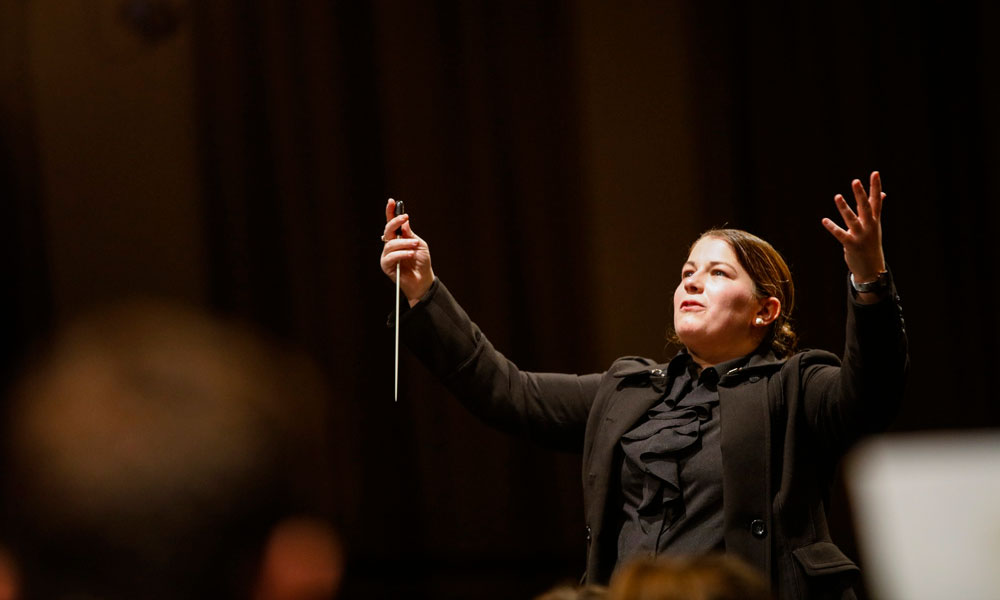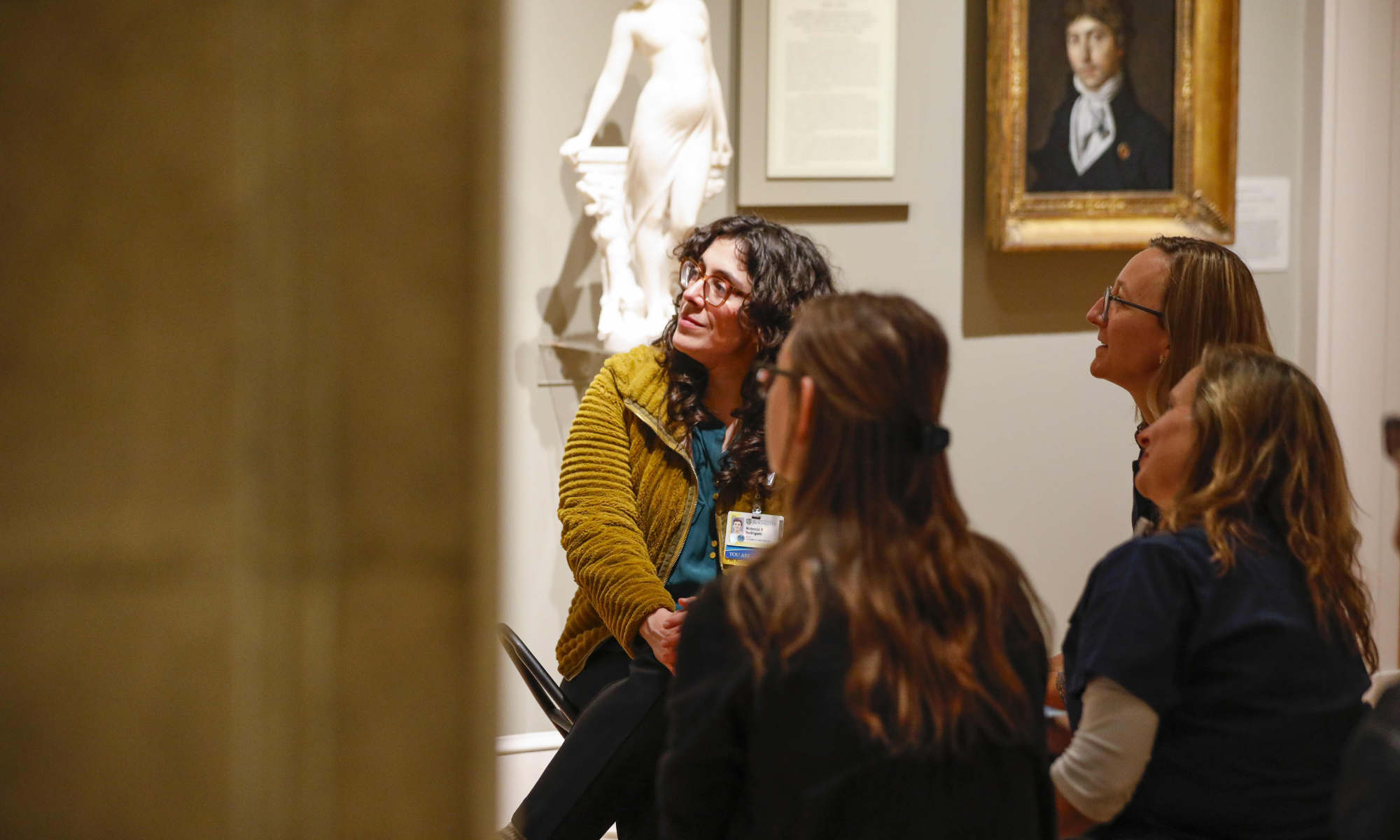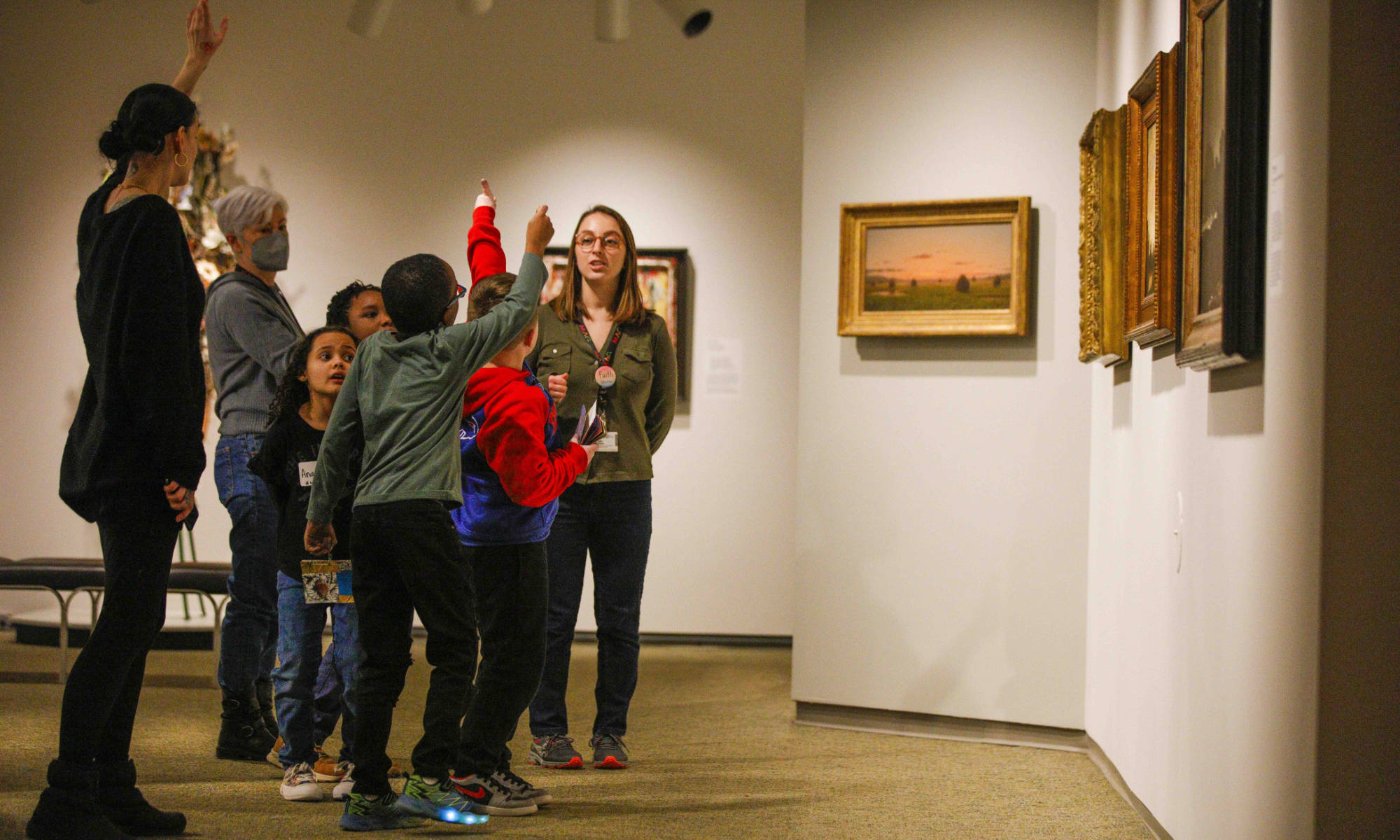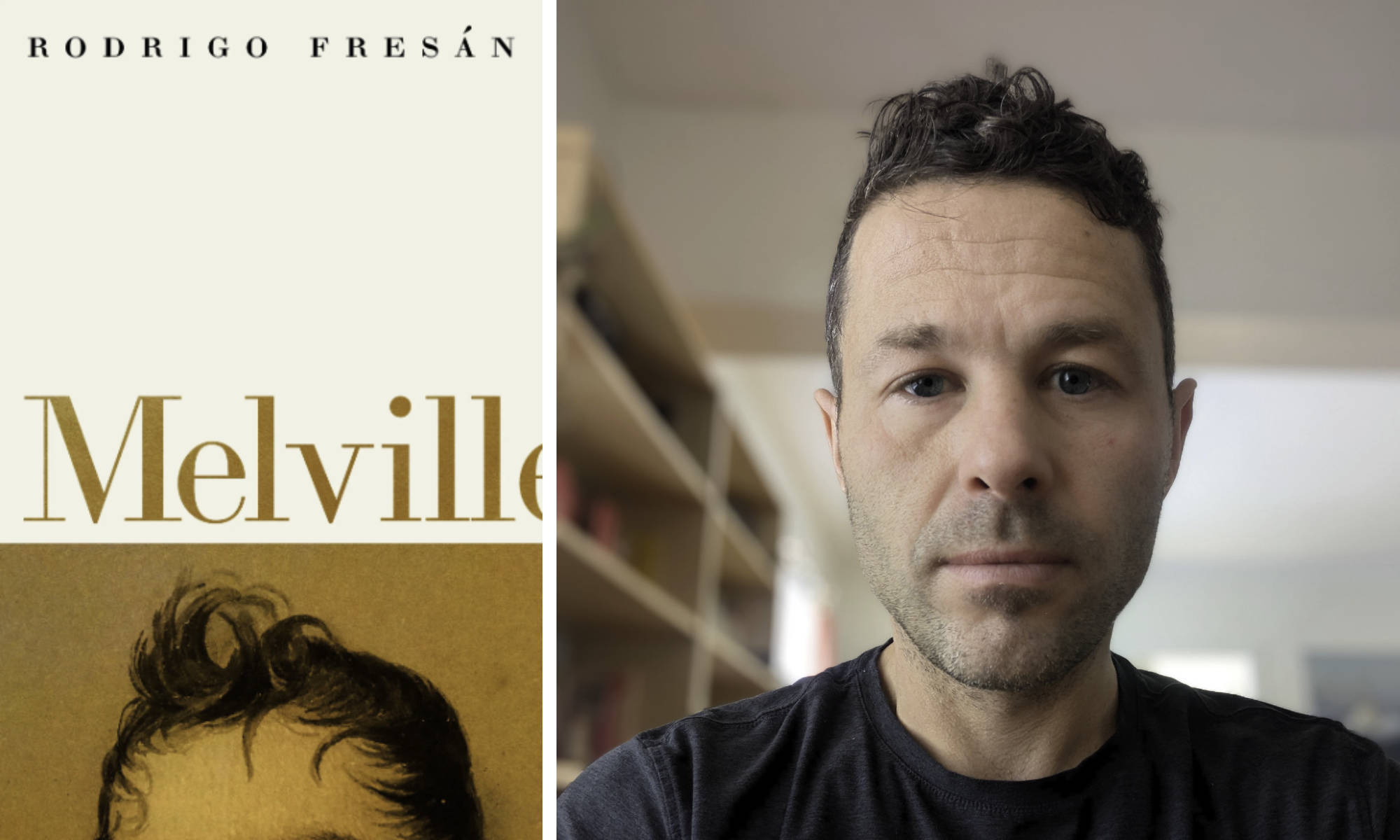“I enjoy putting classical music into a historical context,” says Rachel Waddell, music director and conductor of orchestras in the Department of Music at the University of Rochester. “The audience can relate it back to what’s happening today. It’s a way to get people to listen to classical music in a different way.”
Waddell, who joined the University in 2017, planned her opening season to reflect the diversity within the University and to call attention to important historical events.
Last December, the Symphony Orchestra performed a program entitled “In Commemoration of the 100th Anniversary of the Russian Revolution.”
On Saturday, March 3, Waddell will lead the orchestra in a musical exploration of immigration, in which the ensemble will present Antonin Dvořák’s popular New World Symphony (1893), and, along with dancers from the University’s Program of Dance and Movement, Cole Porter’s little known ballet, “Within the Quota” (1923).
Both works convey impressions of coming to America at the turn of the 20th century. Porter’s piece, Waddell notes, is actually the first jazz ballet ever written, preceding George Gershwin’s An American in Paris by five years.
The audience will also be invited to join the performers in the lobby to place pins on a world map to mark where they or their ancestors once called home.
Waddell hopes that the performance will stimulate conversation about immigration, demonstrating the continued resonance of classical music in the process.
“It’s important to show people that classical music isn’t just an old relic, and that it’s evolving, changing, and connecting back to how we live today,” she says. “When the audience comes out, we hope to stimulate discussion about the place that immigration has in our society. We need to have an active conversation about it.”




